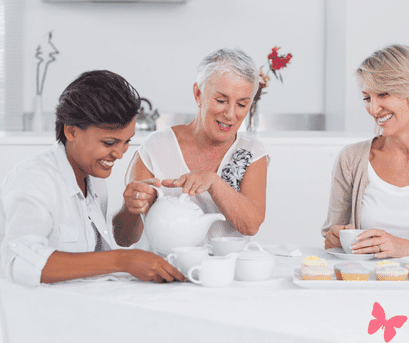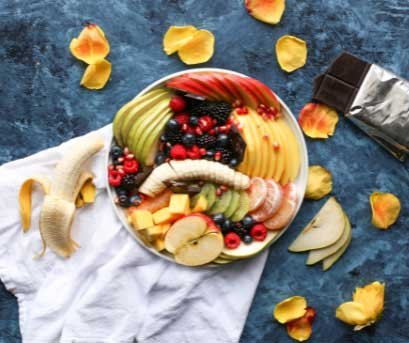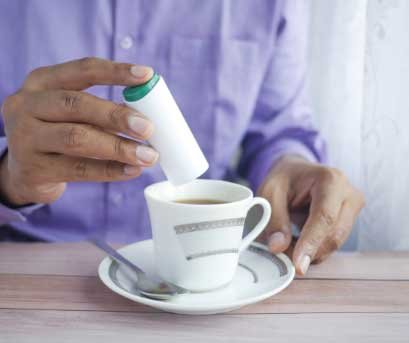Nothing beats a nice cup of tea
I love tea. To me, the epitome of comfort is relaxing with a cuppa. My patients know I’ve always got one. They help me think. I love the easy way to ensure I’m drinking enough, and I love that you can use herbal medicine in such versatile ways that your joy and comfort can also have healing properties. I love being able to use different teas for different medicinal purposes, the health benefits of teas can be dramatic, as an easy an effective form of herbal medicine.
Health benefits of different herbal teas
Herbal teas have been used for centuries to support overall health and wellness thanks to their health benefits. Whether you’re feeling under the weather or just looking to support your body’s natural defences, there’s likely an herbal tea that can help. In this post, we’ll explore some of the most popular and effective herbal teas and their medicinal uses.
Chamomile herbal tea
is made from the dried flowers of the Chamomile plant. It is known for its calming effects and is often used to help with sleep and relaxation. I often suggest chamomile tea to help with digestive issues, such as bloating and gas.
Ginger tea
is made from the root of the ginger plant and is known for its warming and spicy flavour. It is often used to help with nausea and motion sickness, and may also has anti-inflammatory effects. Some people also use ginger tea to help with muscle soreness and pain relief. It’s great for circulatory issues, especially for those who suffer with cold fingers and toes (read more about this here!) . To enjoy the health benefits of ginger, it’s best to boil for 20 minutes, not just steep like a regular tea.
Lavender herbal tea
is made from the dried flowers of the lavender plant and is known for its calming and soothing effects. It is often used to help with sleep and relaxation, and may also have antibacterial and antioxidant properties. I recommend lavender tea to help with anxiety and stress.
Oat flower tea
is made from the dried flowers of the oat plant and is known for its soothing and nourishing effects. It is often used to help with sleep and relaxation, and may also have antioxidant and anti-inflammatory properties. Some people also use oat flower tea to help with skin conditions such as eczema and dermatitis – if you’ve got a bath mixing the flowers in your bath water is lovely.
Nettle tea
is made from the leaves of the nettle plant and is known for its high nutrient content. It is often used to help with allergies and hay fever, and also for its diuretic and anti-inflammatory effects. Some people also use nettle tea to help with joint pain and arthritis. As it’s a diuretic, I recommend drinking in the morning not before bed!
Elderberry tea
is made from the either the berries or the flowers of the elderberry plant and is known for its high antioxidant content. It is often used to help with cold and flu symptoms, and has immune-boosting effects. Some people also use elderberry tea to help with skin conditions such as acne and eczema.
Mint tea
is made from the leaves of the mint plant and is known for its refreshing and invigorating effects. It is often used to help with digestion and nausea, and may also have antioxidant and anti-inflammatory properties. Mint tea is my go-to for help with headaches and stress. It’s also very refreshing if you’re after an alternative to caffeinated teas that will still energise you.
Fennel tea
is made from the seeds of the fennel plant and is known for its licorice-like flavour. It is often used to help with digestion and bloating, and may also have oestrogen-like effects. Some people also use fennel tea to help with lactation and breastfeeding.
Green tea
is made from the leaves of the Camellia sinensis plant and has a fresh, grassy flavour. It is high in antioxidants, which can help improve brain function and heart health.
These are just a few of the many herbal teas that are available. If you’re using herbal teas and not seeing the results you’re hoping for, be sure to consult with a trained herbalist to ensure they are safe and appropriate for you.
To schedule a call with Maya, click here!
I hope this blog post helps! Let me know if you have any questions 🙂



